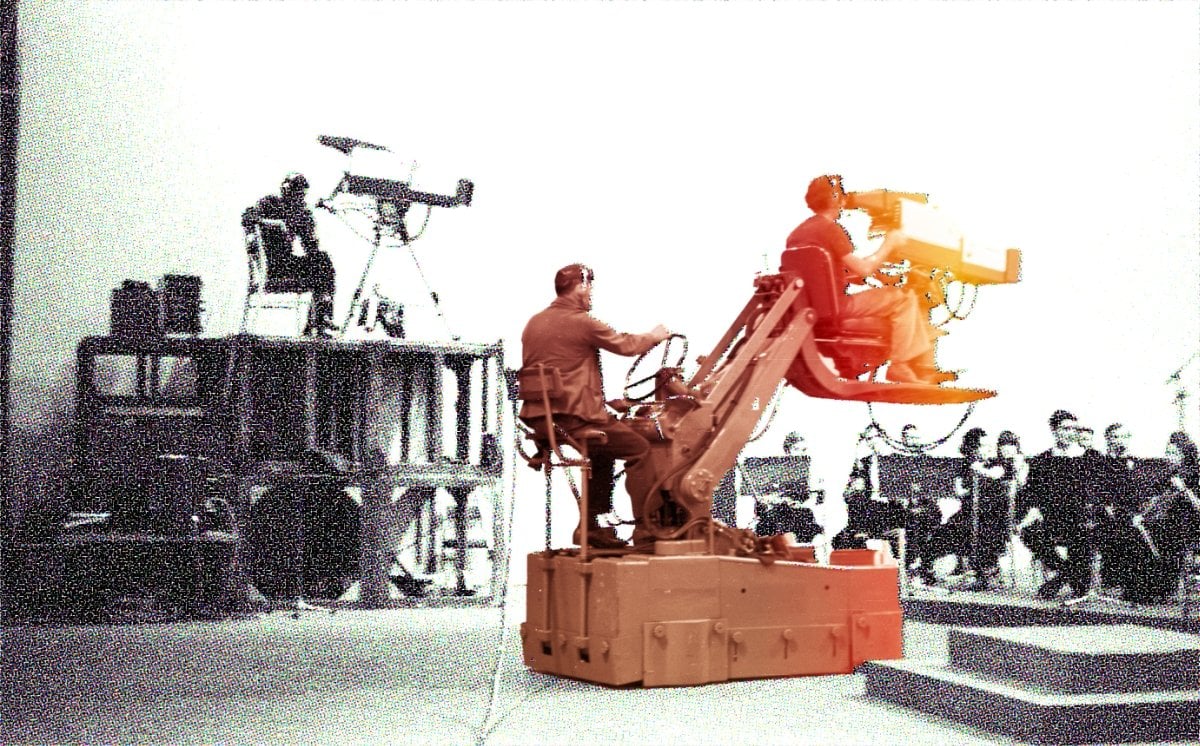
A tale of many protests: Steve McQueen, a filmmaker not shy of raising thorny topics, has curated a photography exhibition titled “Resistance.” Ths show, on display at the Turner Contemporary in Southeast England, showcases 100 years of protest in the UK stating with 1903’s suffrage protests to those in 2003 reacting against the Iraq War. Photography remains important in creating awareness and inspiring others to join in as they empathize with the activists depicted. Clarrie Wallis, the director of Turner Contemporary and McQueen’s co-curator: “Many grassroots photographers and community activists were using photography not just to document protest but also to shape their own narratives and build solidarity networks.”
The problem now is how the power of photography to incite gets sapped by a proliferation of digitally created or altered imagery. I’m not just talking about AI fakes that denigrate protesters. Well-meaning images created to further activism and causes but merely mimicking scenes of real life inadvertently lessen the emotional call-to-action of actual protest photography. This is where the questioning of reality results in the complacency of confusion, something we’re already seeing in our everyday discourse.
Another barrier is the criminalization of peaceful protest. But if peaceful protest is now a crime, then why not do actual crimes? That’s where we’ve ended up, a place that no one—and by that, I mean everyone—saw coming. Here’s The Guardian speaking with an anonymous source from the activist group Shut the System (STS):
“We vow to wage a campaign of sabotage targeting the tools, property and machinery of those most responsible for global warming, escalating until they accept our demands for an end to all support for fossil fuel expansion.”
[…]
He said new laws further criminalising disruptive protests had made traditional, accountable methods of activism increasingly unsustainable, and a clandestine approach increasingly attractive.
The article describes recent actions, including covert protesters in France filling the holes of golf courses with cement. We here at the blog absolutely do not condone illegal activities, but, if we ever did, I think we may have found a winner.
Anyway, the article, titled ‘‘A new phase’: why climate activists are turning to sabotage instead of protest,’ reads like one of the short chapters in the first half of Kim Stanley Robinson’s excellent The Ministry for the Future.
❋-❋-❋-❋-❋-❋-❋-❋
1992 was an odd time for cult bands like Television. What marketing execs called alternative rock somehow hit paydirt, and bands were getting signed to corporate labels like these bands were going out of style. Kurt Cobain wears a Daniel Johnston shirt? Well, shit, let’s give Johnston a deal with Atlantic Records based on that. Strange days, indeed.
This also meant that bands of huge influence and small sales figures were repeatedly name-checked in Rolling Stone interviews by these newly minted major label bands. Television was certainly one of those name-checked groups—I mean, R.E.M. might be more responsible for their reformation than anyone if we’re honest. There were all sorts of hell-freezing-over reformations happening during this period. Even the Velvet Underground got back together! Television’s reformation album, despite the too-crisp production and uneven though mostly good material, is still one of the highlights of this ‘return of the cult bands’ era.
On Television’s self-titled 1992 reunion album, it’s “1880 or So” that excites most. The song opens the album and gives the impression that we might stay put in Marquee Moon territory for the original lineup’s first venture in 14 years. The following track, “Shane, She Wrote This,” puts that hope to rest, easing comfortably into the mode of Verlaine’s reasonable solo work. Should we feel guilty for wanting Television to step back and sound like four guys making music in 1977?
Oh, it doesn’t matter. “1880 or So” is a brilliant song, one of this quartet’s best, and I’m thankful for it. The remainder of Television, though mostly not as receptive to CBGB’s era nostalgia, is also made up of fine songs. Look—there’s Richard Lloyd, here with Tom for the first time in a while, responding with spidery guitar riffs and textural string work like nothing on the vintage albums. You can’t ask for a better guitar pairing than this. I’m not exactly a supporter of guitar heroics, but I could listen to these two bouncing off each other for hours. Worth revisiting, no doubt about it.